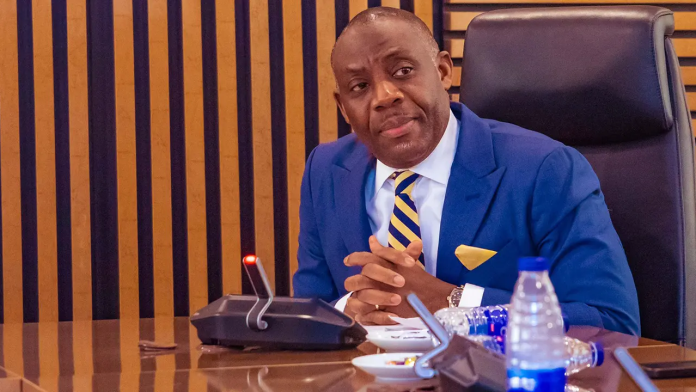Nigerian Government Reviews Basic and Senior Secondary School Curriculum
The Federal Government of Nigeria has officially unveiled the newly revised curriculum for Basic Education (Primary and Junior Secondary) and Senior Secondary Schools, introducing significant reforms to reduce subject overload, enhance skills acquisition, and align Nigeria’s education system with global standards.
The announcement was made on Tuesday by the Federal Ministry of Education, led by the Minister of Education, Tunji Alausa, and the Minister of State for Education, Professor Suwaiba Ahmad. The reforms were developed after extensive consultations with key stakeholders, including the Nigerian Educational Research and Development Council (NERDC), WAEC, NECO, NBTE, and NABTEB.
Key Highlights of Nigeria’s Revised Curriculum
Primary 1–3: 9–10 Subjects
-
English Studies
-
Mathematics
-
One Nigerian Language
-
Basic Science
-
Physical and Health Education
-
Nigerian History
-
Social and Citizenship Studies
-
Cultural and Creative Arts
-
Christian Religious Studies or Islamic Studies (Arabic optional)
Primary 4–6: 11–13 Subjects
-
All subjects in Primary 1–3 plus:
-
Basic Digital Literacy
-
Pre-vocational Studies
-
French (optional)
Junior Secondary School (JSS 1–3): 12–14 Subjects
-
Core subjects including English, Mathematics, and Integrated Science
-
Digital Technologies
-
Business Studies
-
A compulsory Trade Subject (options include Solar PV Installation, Fashion Design, Livestock Farming, Beauty & Cosmetology, GSM/Computer Repairs, Horticulture)
Senior Secondary School: New Core Structure
Students must now take five compulsory core subjects:
-
English Language
-
General Mathematics
-
One Trade Subject
-
Citizenship and Heritage Studies
-
Digital Technologies
Electives can then be chosen from a wide range of fields — sciences (Physics, Chemistry, Biology), humanities (Government, Literature), business (Accounting, Economics), and vocational/technical courses (Catering Craft, Visual Arts, Horticulture).
Why the Curriculum Reform Matters
According to the Ministry, the 2025 curriculum reform is designed to:
-
Minimize subject overload for learners.
-
Equip students with digital and vocational skills relevant to the 21st century.
-
Strengthen Nigeria’s competitiveness in global education.
-
Provide pathways for both academic and technical career development.
This follows the September 1 announcement that the government had completed a comprehensive review of the curricula for basic, senior secondary, and technical education, with the goal of making Nigerian learners “future-ready.”


